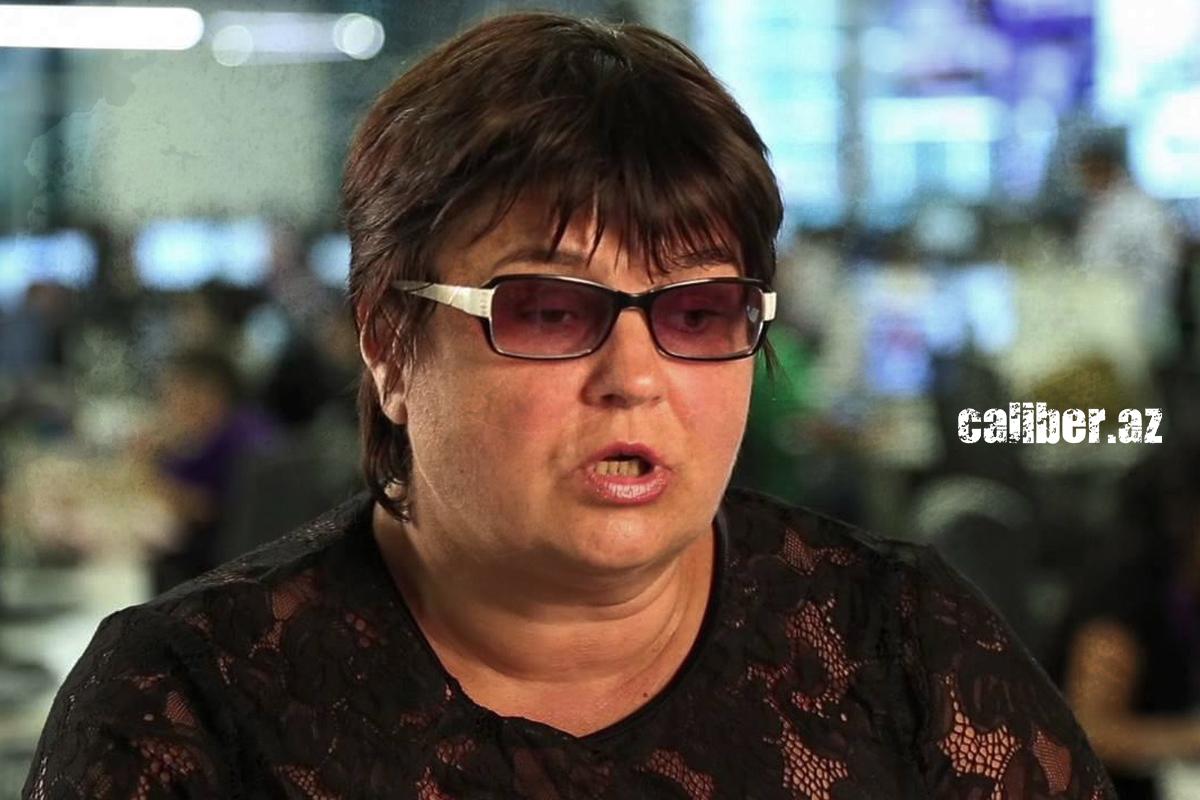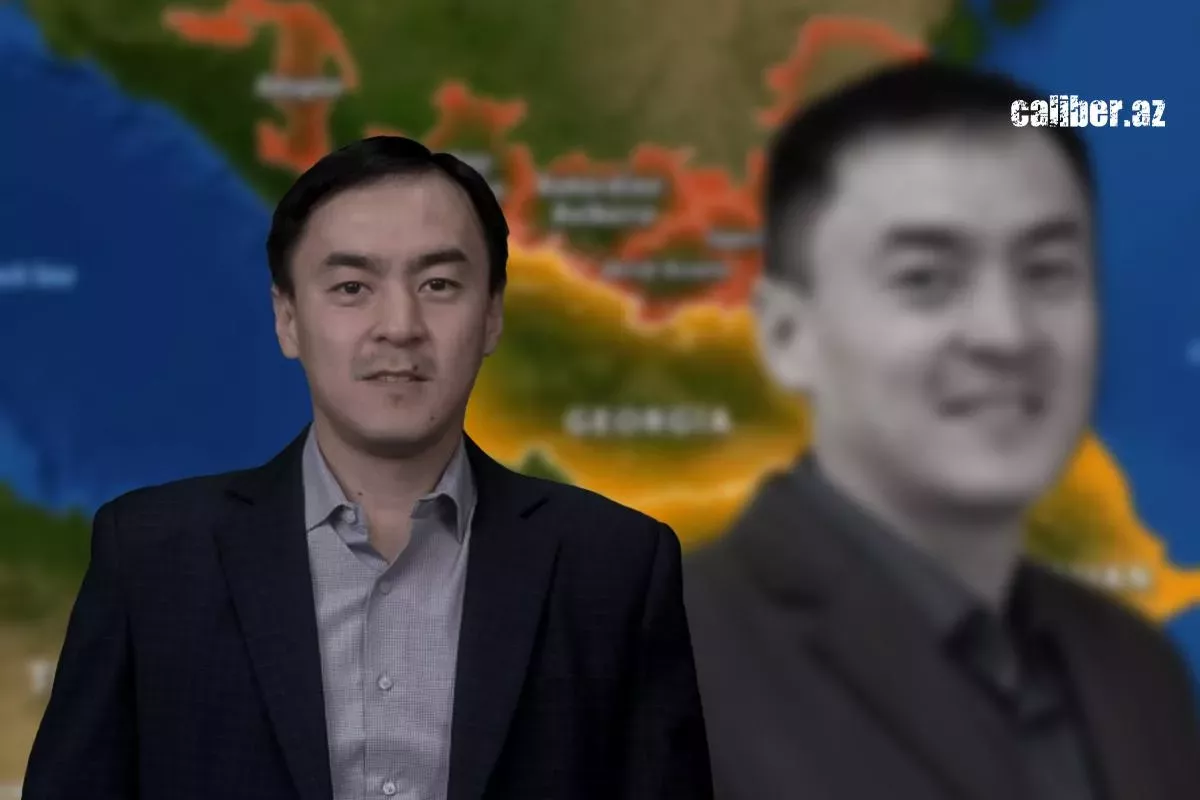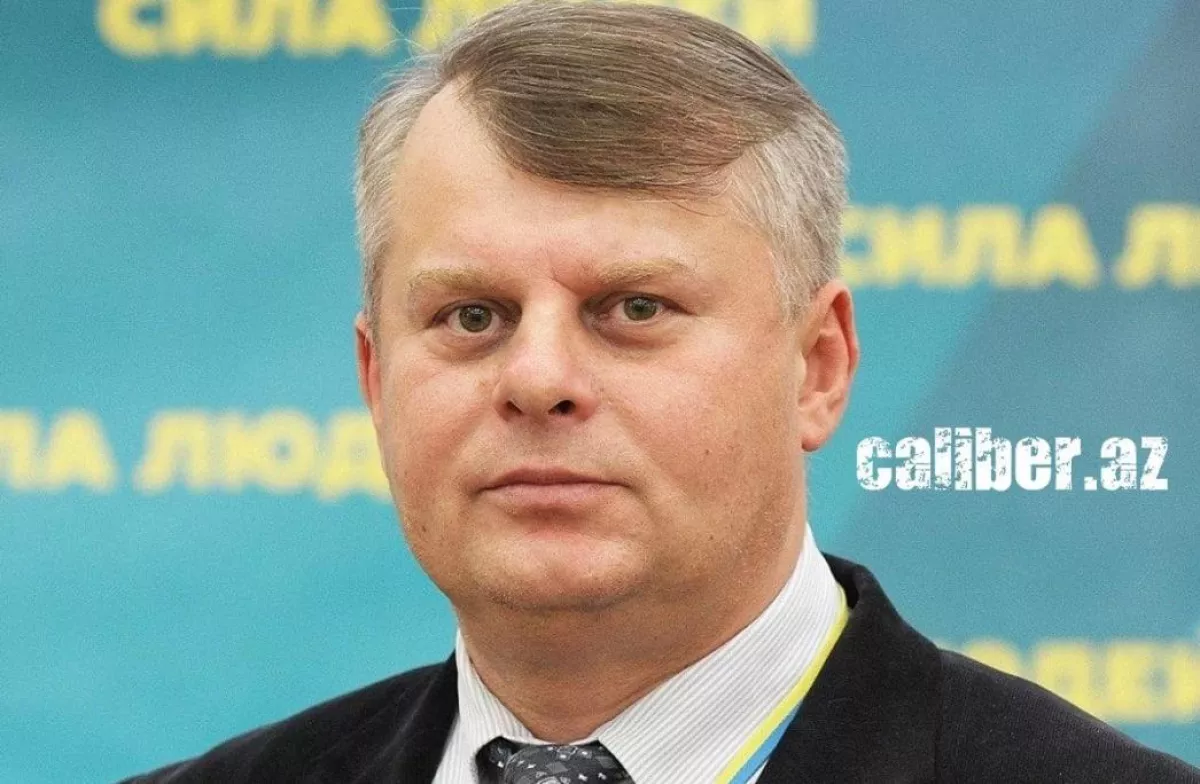“Friendship of peoples,” Zatulin-style: Chauvinism in all its glory Analysts deconstruct the rhetoric of Russian MP
Konstantin Zatulin, a State Duma deputy of the Russian Federation—famous for his rabid hatred of Azerbaijan, ardent Armenophilia, and constant championing of the “honour of the Armenian people,” while paradoxically being a persona non grata in Armenia itself—has once again delivered a string of hysterical anti-Azerbaijani remarks. This time, however, it seems the Russian propagandist has outdone himself in absurdity and warped logic, surpassing even his previous outlandish statements.
In an interview with Govorít Moskva ("Moscow Speaks"), Zatulin claimed that Russia had tried to stop the 44-day war [in 2020], but failed “because by that time, not only in Azerbaijan were there people who cared more about their own interests than ours.” In other words, according to the propagandist, Azerbaijan should not have defended and asserted its own national interests, but should have prioritised Russia’s—an idea that is, at the very least, patently absurd.
Zatulin then offered his own prescription for “friendship among peoples”: “We must try to be friends. I’m against quarrelling with the Azerbaijani people. But we must also put people in their place and warn them against possible actions. We should have prevented the war in 2020.”
Such is chauvinism in its purest, most blatant form.
What do foreign experts think of Zatulin’s latest outbursts? Russian, Kazakh, and Ukrainian political analysts share their views with Caliber.Az.

Doctor of Political Sciences, PhD in Philosophy, and diplomat Tatyana Poloskova noted that Russian policy in the post-Soviet space generally exists independently of expert opinion—and experts operate independently of it.
“As for Konstantin Zatulin, I’ve known him for a long time. Back in 1996, I worked for six months as the head of the diaspora department at his institute. At the time, I was also employed at the Diplomatic Academy of the Russian Foreign Ministry, and I was strongly advised to leave the institute due to Zatulin’s serious conflicts with the Ministry of Foreign Affairs. His long-standing pro-Armenian position is obvious. I don’t know the motives behind it—whether there’s a financial incentive involved—but Konstantin Fyodorovich has been placed on Armenia’s ‘blacklist.’ Salaries at his institute are quite low, and there’s little apparent demand for his services from the Armenian side. Currently, the Armenian community in Russia and the media under their control in Moscow have stopped funding him, and some of these outlets have been shut down altogether.
Furthermore, Zatulin serves as the Special Representative of the State Duma for Migration and Citizenship Affairs and has recently come under fierce attack from a large group of parliamentarians—especially MP Matveyev—both during Duma committee meetings and in the media. Zatulin has been labelled a lobbyist for semi-criminal circles, mockingly called ‘Zayatullo,’ and so on,” the political analyst said.
In her view, the harsh rhetoric directed at Azerbaijan—by not only Konstantin Zatulin but also a number of other political commentators and a group of so-called bloggers aligned with them—is driven by a desire to appeal to a segment of the Russian population that blames its personal failures on the alleged dominance of “people of Caucasian nationality.” No educated and intelligent person would take such commentary seriously—let alone treat it as guidance for action.
“Zatulin’s activity resembles the well-known anecdote about the old rooster chasing a hen: ‘If I can’t catch her, at least I’ll warm up.’ The official Russian authorities constantly make statements expressing a desire to normalise relations with Azerbaijan. It is up to Baku to decide whether and under what conditions such relations will be restored. But I’m convinced that this so-called community of political analysts is in no position to influence anything. Moreover, they lack even a basic sense of professional solidarity, judging by the wave of denunciations they launch against one another—which, in my opinion, is simply a reflection of envy and personal score-settling,” Poloskova concluded.

According to Kazakh political scientist and PhD in Political Science Sharip Ishmukhamedov, Zatulin’s statements are entirely unacceptable—and upon closer examination, they reveal a rather poor level of education and adequacy on the part of the Russian State Duma deputy.
“Zatulin’s words suggest that Azerbaijan was somehow expected to prioritise Russia’s interests—or those of some other state—above its own. Or, for example, that Azerbaijan’s leadership should have humbly asked Moscow for guidance on what to do in its foreign policy towards other countries, or even in its domestic affairs. A very curious conclusion. In this case, Mr Zatulin would do well to remember that Karabakh and the 44-day war are internal matters of Azerbaijan. The return of its own territories is an internal matter of Azerbaijan. The protection of the rights of Azerbaijani citizens is also an internal matter of Azerbaijan. And Azerbaijan has every right to shape both its domestic and foreign policy solely based on its national interests—while taking into account the views of strategic partners, among whom Russia can no longer be counted,” the political scientist emphasised.
Therefore, in his opinion, Azerbaijan—like other post-Soviet states—must rely solely on its own strength, its military, and its economic capabilities, and pay no heed to the statements or demands coming from Russia or any other foreign countries or organisations.
As for the shocking conclusion drawn by the Russian deputy regarding his understanding of “friendship” between states, it turns out that, according to Zatulin, friendship means the ability to put other countries “in their place” in accordance with Moscow’s interests. And despite the absurdity of such a claim, it is still worth discussing.
“According to Zatulin’s logic, to ‘be friends’ means using that friendship to assign each country and people a position and role pre-determined by Russia. That is, Russian deputies and officials decide in advance what place each country should occupy. In Zatulin’s view, Azerbaijan, Ukraine, Kazakhstan, and others must, with Russia’s approval, choose their position on the map, in the economy, politics, and military affairs—and cannot go beyond those boundaries. In other words, they have no right to develop independently, defend their interests, preserve their language, engage in cooperation, or create international organisations. As if Russia were the manager of the planet—a global policeman or a superpower entitled to assign every country its place,” the expert said.
Therefore, in his firm opinion, it is crucial to preserve the unity of the people, government, and armed forces—and to demonstrate cohesion across the entire civil society during such challenging times.
“And here I would once again like to emphasise the importance of cooperation among countries within the framework of the Organisation of Turkic States (OTS), as well as through economic initiatives such as the Middle Corridor and promising pipeline projects. Such agreements will allow Kazakhstan, Azerbaijan, and other OTS members to find common ground and unite in the face of attacks of this kind—which, in my view, are likely to continue and, unfortunately, intensify. If the war in Ukraine comes to an end—and it must—Russia will seek a new adversary, a new target for its aggression. If not military, then informational,” Ishmukhamedov said.
“At present, this new target appears to be taking shape in the form of Türkiye, Azerbaijan, Armenia, and Georgia. We place our hopes in the strength and wisdom of Azerbaijan’s leadership, which we believe will guide the nation and its people through this difficult period—with success and dignity. And of course, it must not allow Russia or any other state to question the country’s independence, sovereignty, or national unity,” Ishmukhamedov concluded.

According to Ukrainian political analyst, diplomat, and international law expert Vadym Triukhan, the real issue lies not with Zatulin, Skabeyeva, or Solovyov individually, but with the long-standing narrative cultivated in Russia over decades—that Russians are a “leading nation” in the world, while all others are somehow second-class.
“There’s nothing surprising about Azerbaijan now coming under the wheels of Russian propaganda. Today it’s Azerbaijan, tomorrow it’ll be Tajikistan, the day after—Pakistan, for example, and so on. I wouldn’t pay any attention at all to what Russian propagandists are saying. This is the standard behaviour and policy line of the Russian state. Therefore, it should be treated calmly. And to ensure that their threats don’t become reality, countries must focus on strengthening their own defence capabilities,” Triukhan concluded.








